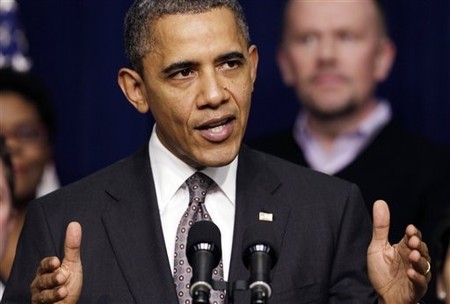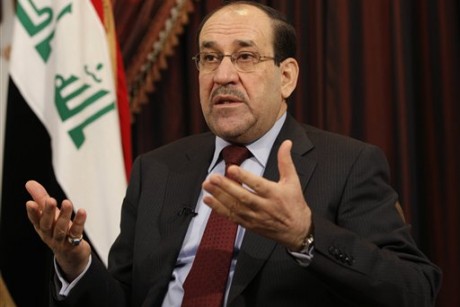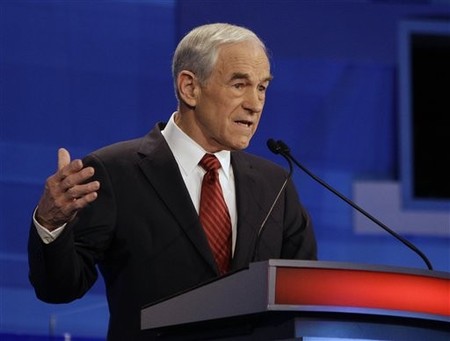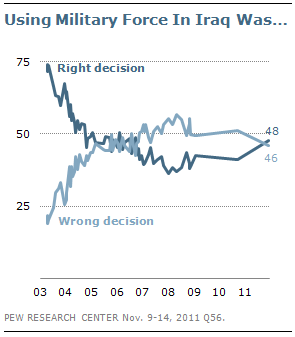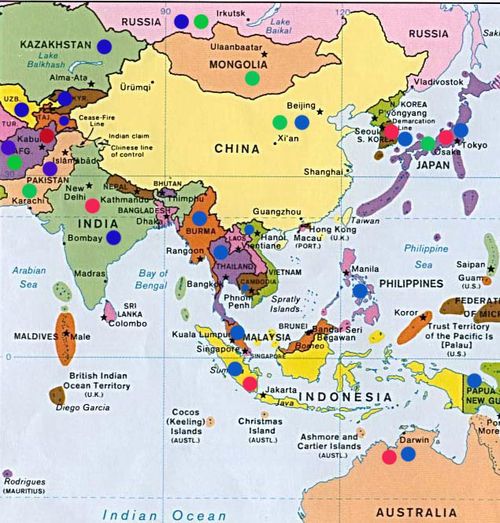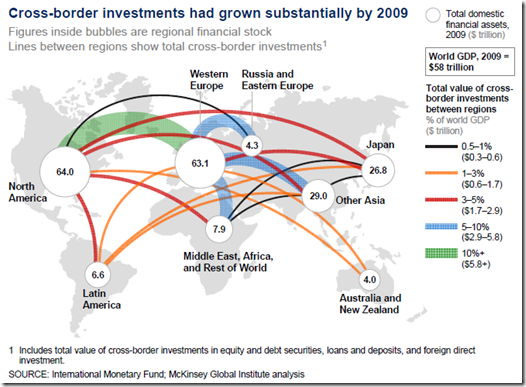Has America Lost Its Self Restraint?
Nuno Monteiro has an interesting break-down of America's post Cold War strategic behavior:
Has this unparalleled power allowed the United States to enjoy the much-touted peace dividend it earned by winning the Cold War? Is the United States better able to impose its will peacefully today than when Stalin blocked Berlin on Khrushchev placed nuclear missiles in Cuba?Many seem to think so. Writing in the New York Times a week ago, Joshua Goldstein and Steven Pinker argued that "war really is going out of style." In what concerns the United States, however, nothing could be further from the truth. The last two decades, less than ten percent of U.S. history, account for more than 25 percent of the nation's total wartime. Between the defeat of Napoleon in 1815 and the Soviet demise, great powers were involved in wars on average one every six years. Since it became the sole superpower, the United States has been at war for more than half the time, or twelve out of twenty two years.
I think a lot of this boils down to human nature, and a parallel could be drawn to America's budget and personal consumption habits.
The U.S. balance sheet is deep in the red. America faces the daunting prospect of a prolonged slog to pare back these debts to something approaching a sustainable level. While major events like the 2008 financial crisis triggered some of this debt accumulation, most of it was done via a series of deliberate policy choices. In other words - when Washington was confronted with a budgetary choice, it choose to act irresponsibly and without adequate respect for the long-term consequences of its action. Hence, the U.S. faces a challenging long-term budget outlook almost entirely of its own making.
This lack of restraint is mirrored at the personal level. The savings rate for individual Americans is 3.5 percent - abysmally low internationally and by America's own historical standards. While the rate today can be dismissed as the result of leaner times, America's savings rate were even lower during the "boom" years (which explains why they boomed in the first place). So the idea of saving for a rainy day is not only lost on Congress - it's utterly inconceivable to most of their constituents.
I think a case could be made that this attitude has permeated into America's strategic behavior. Looking over the post Cold War military interventions, it's very difficult to justify all but two (the first Iraq war and Afghanistan) on strict national security grounds. There may be defensible reasons for the wars in Kosovo or the second Iraq war or the intervention in Somalia or Libya (now's not the time to litigate them) but no one could argue with a straight face that Washington had "no choice" but to fight them. It's instructive that the supposedly "conservative" position during America's post Cold War era was not to conserve and shepherd American power but expend it sustaining a globe-spanning hegemony the likes of which would make the Romans blush.
Like the deficit spending engaged in by Congress, the U.S. has engaged in military activity in part because Washington has become incapable of saying "no."
Today we face an era where the U.S. will make choices - both financially and strategically - from a position of weakness rather than a position of strength. The self-restraint and discipline that we were unable to summon on our own will slowly but inexorably be imposed on us by outside forces. That said, I'm not completely pessimistic about America's prospects, not by a long shot. Nor do I think that, faced with a similar set of circumstances, other countries would behave all that differently. But to the extent that we find ourselves in a hole, it is one entirely of our own making.


